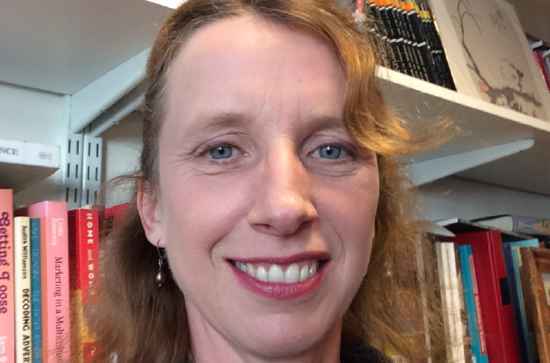
Analysis: People in their 60s, 70s and 80s have never been so busy and the smartphone has been particularly important in this transition.
There are not many works about how people get younger. It doesn't happen very often, but in a recent research project based on an anthropological exploration of age, smartphones and health we examine at how these separate threads are woven into a meaningful life in late middle age.
Based on two in-depth ethnographies in Dublin city and the Dublin region lasting 16 months each from 2018-2019, my colleague Daniel Miller and I observed that rather than seeing themselves as `aged’ or 'elderly’, our research participants were focused on living their best lives in retirement. And, the smartphone was playing an important role in this.
This research is part of a global project called the Anthropology of Smart Phones and Smart Ageing - funded by the European Research Council - and was undertaken by 11 researchers in nine countries. In our Dublin research, we discovered a pretty radical shift in the experience of ageing.
Far from the traditional portraits of family patriarchs and matriarchs on rocking chairs telling stories of yore, our research participants in their 60s, 70s and 80s have never been so busy. They go on long walks, play bridge, do yoga, walk the Camino, and are often involved in several community activities.
The smartphone is particularly important in this transition. Until recently, it was widely-assumed that smartphone technologies represented an insurmountable barrier to social interaction for older people but it has now insinuated itself into the transformations of age and the experience of retirement quickly and profoundly.
Conventional wisdom might assume that smartphones all the same but they are built to be adapted by their user, and the only way to understand how they are expressive of their user’s needs and interests is through looking at how they are transformed in use, embedded in everyday lives over time. That is what we as anthropologists studied.
As we conducted our research we found that retirement interests often represent a departure from working lives.
Many choose to do something entirely different at this time, such as contribute to their community in some way, while others prefer to develop skills such as return to education, or embrace sustainability as variously defined - from campaigning to save trees to getting more energy-efficient homes.
In the midst of these busy lifestyles people repudiated the sense of ‘being old’ and often largely discounted age as their most defining factor. As long as they were in good health, they found a continuation rather than a major milestone when turning 60, 70 or 80.
Read the full article on RTE Brainstorm here
